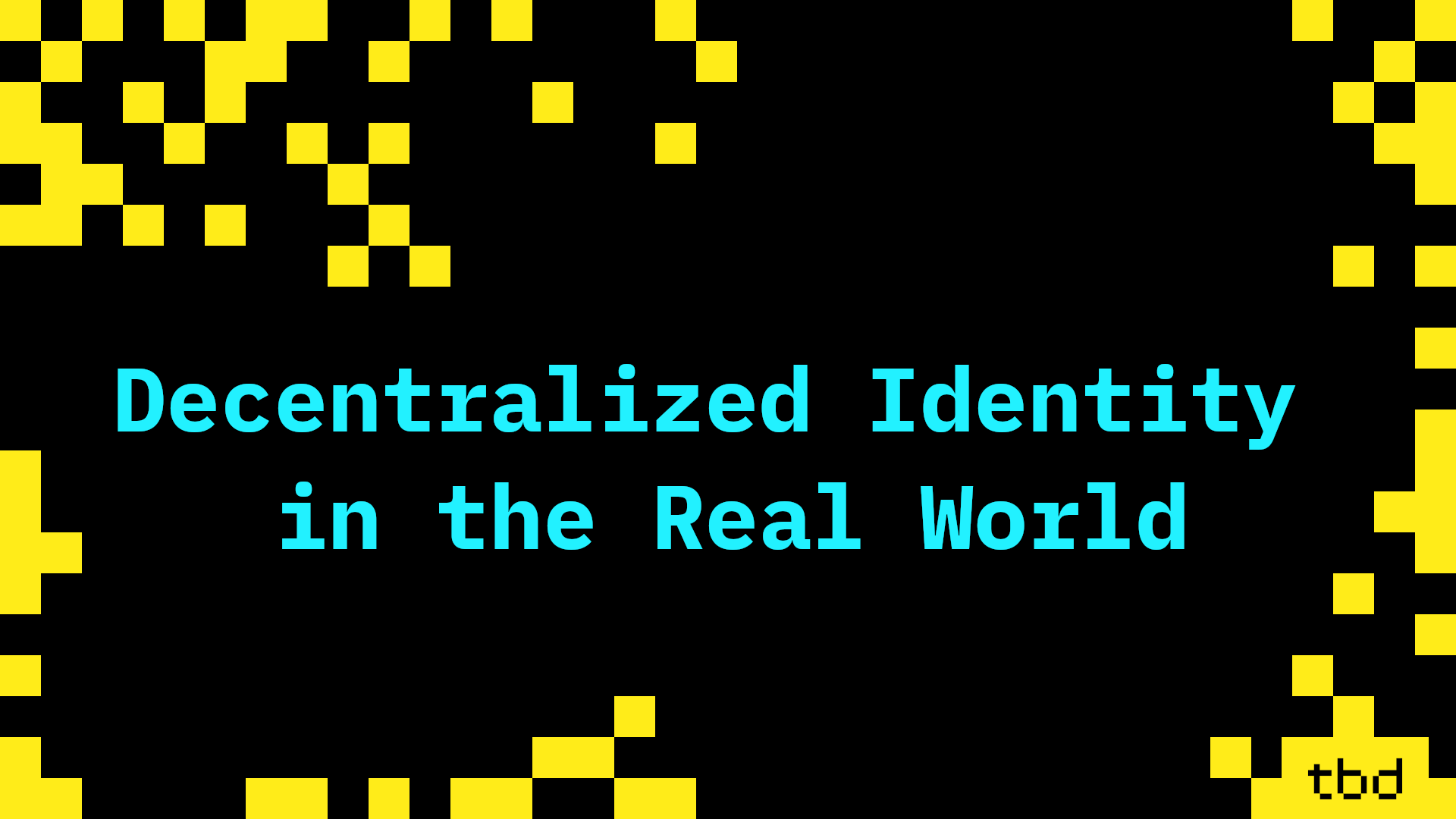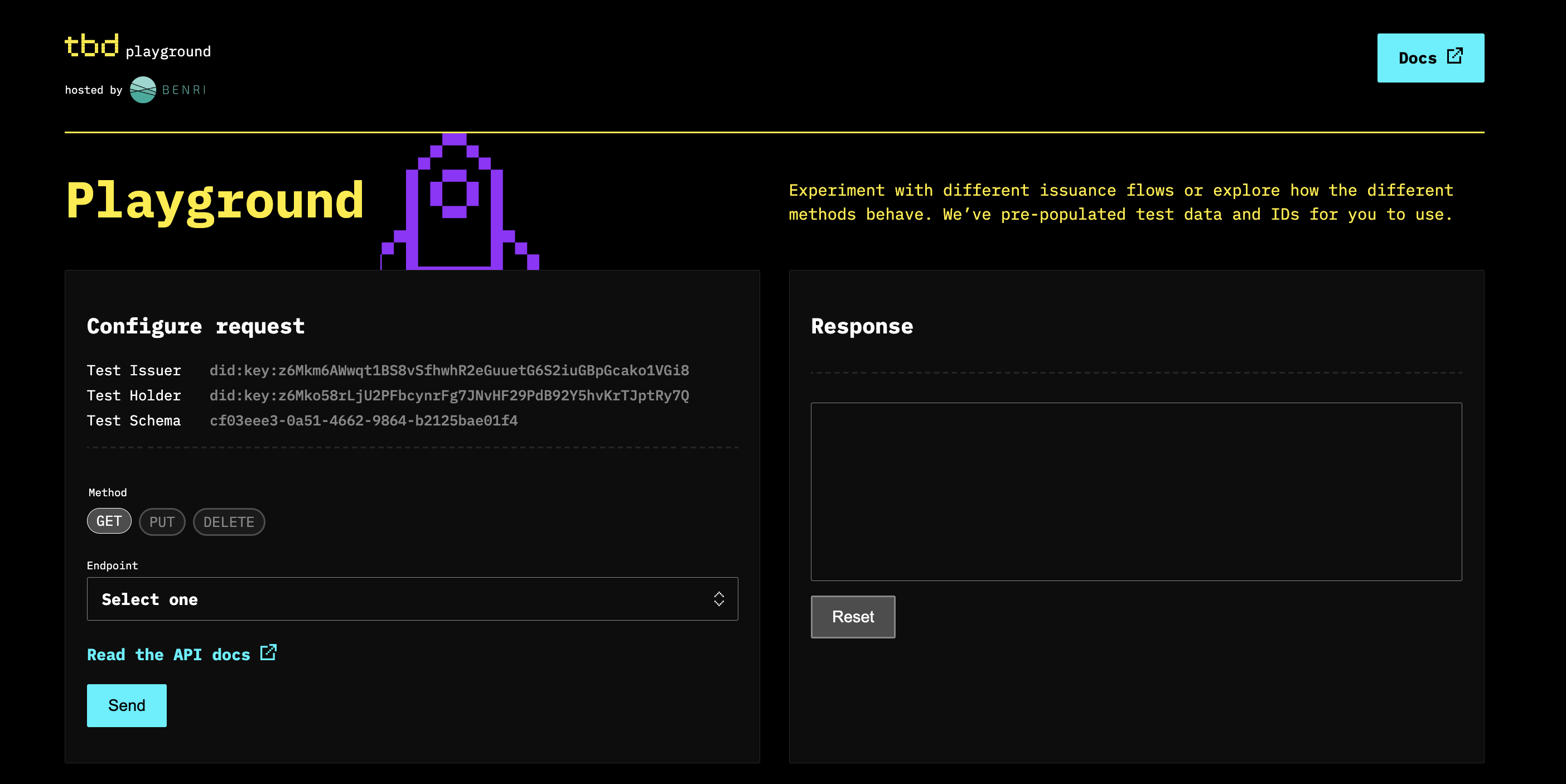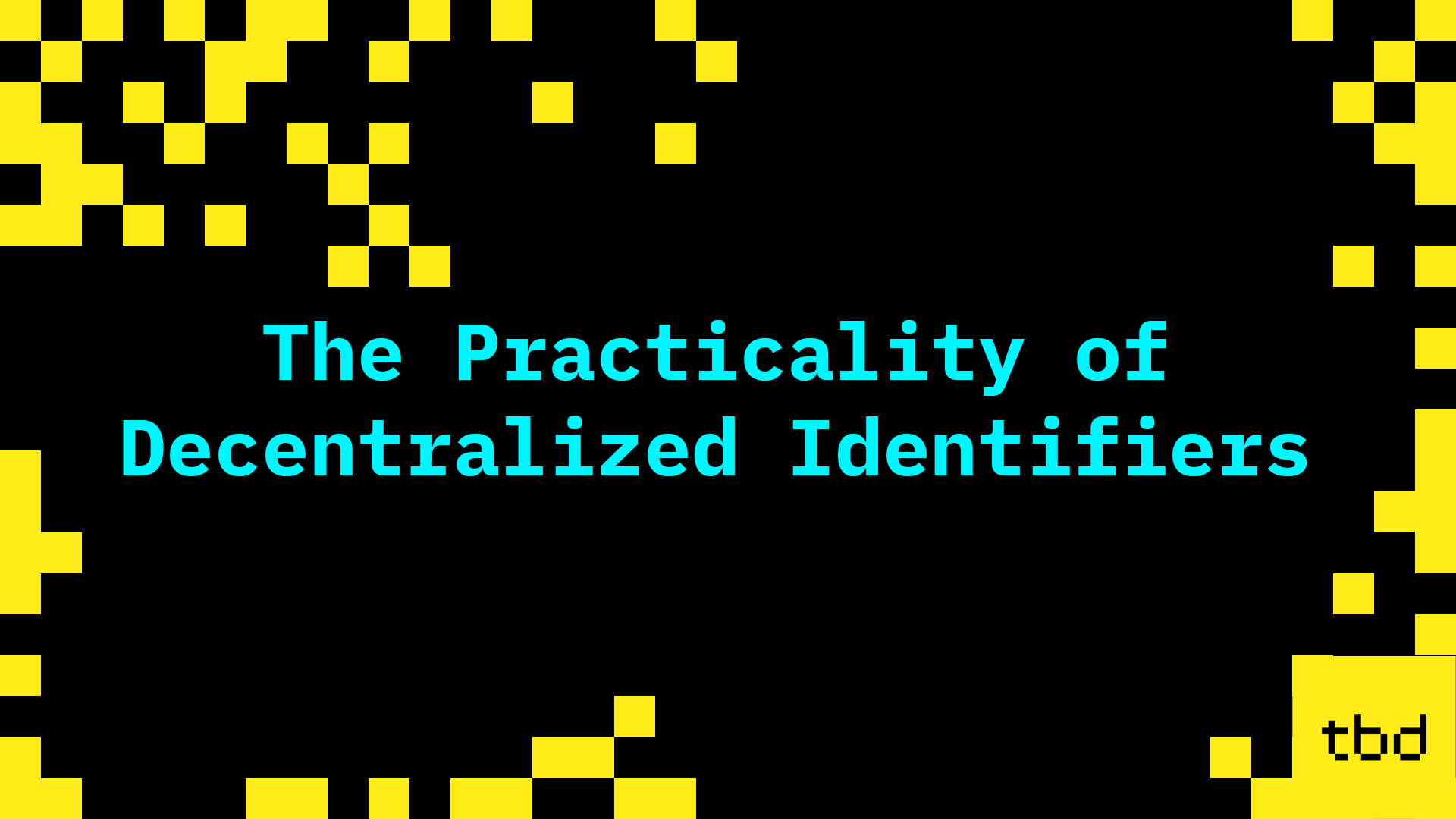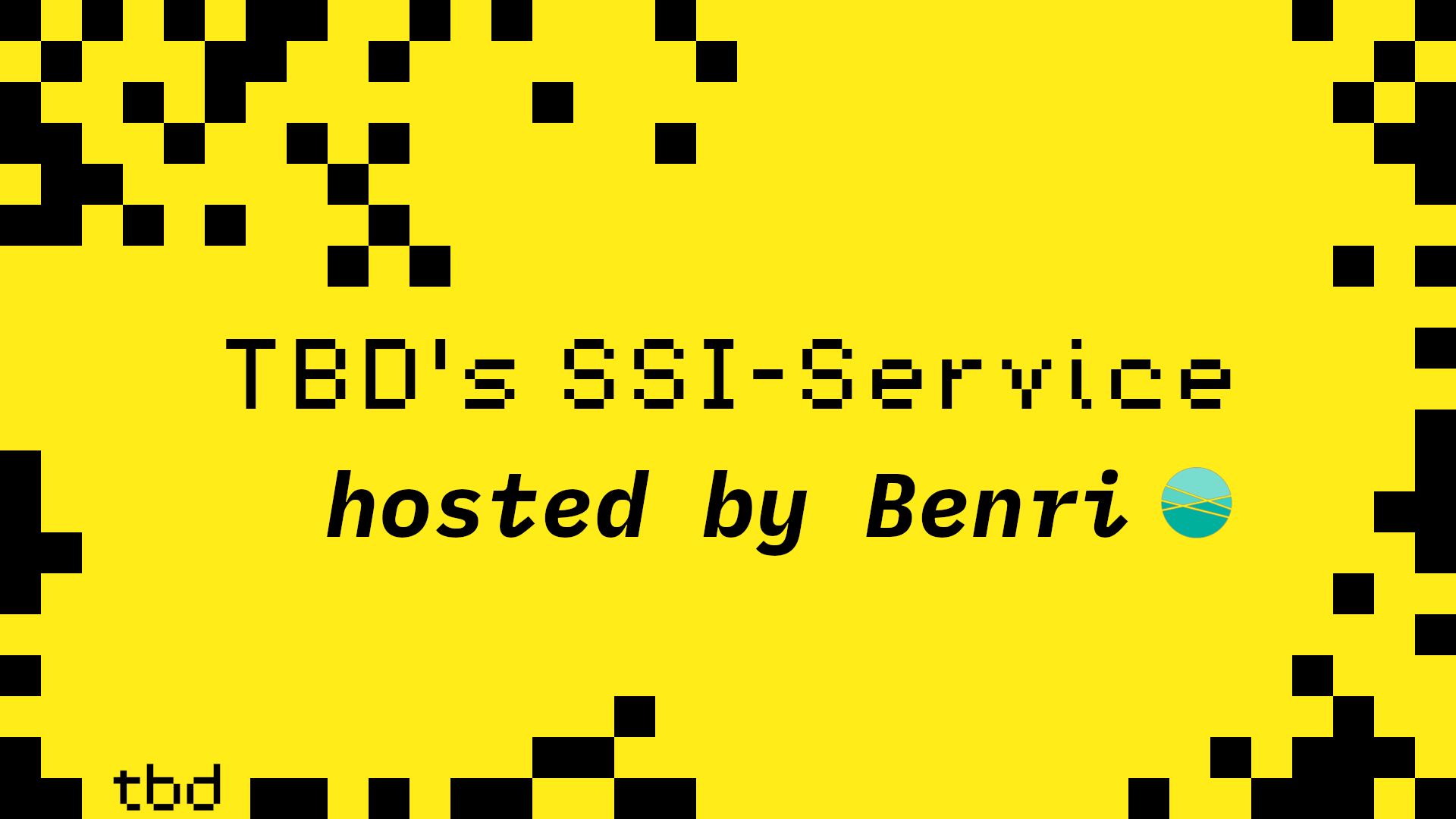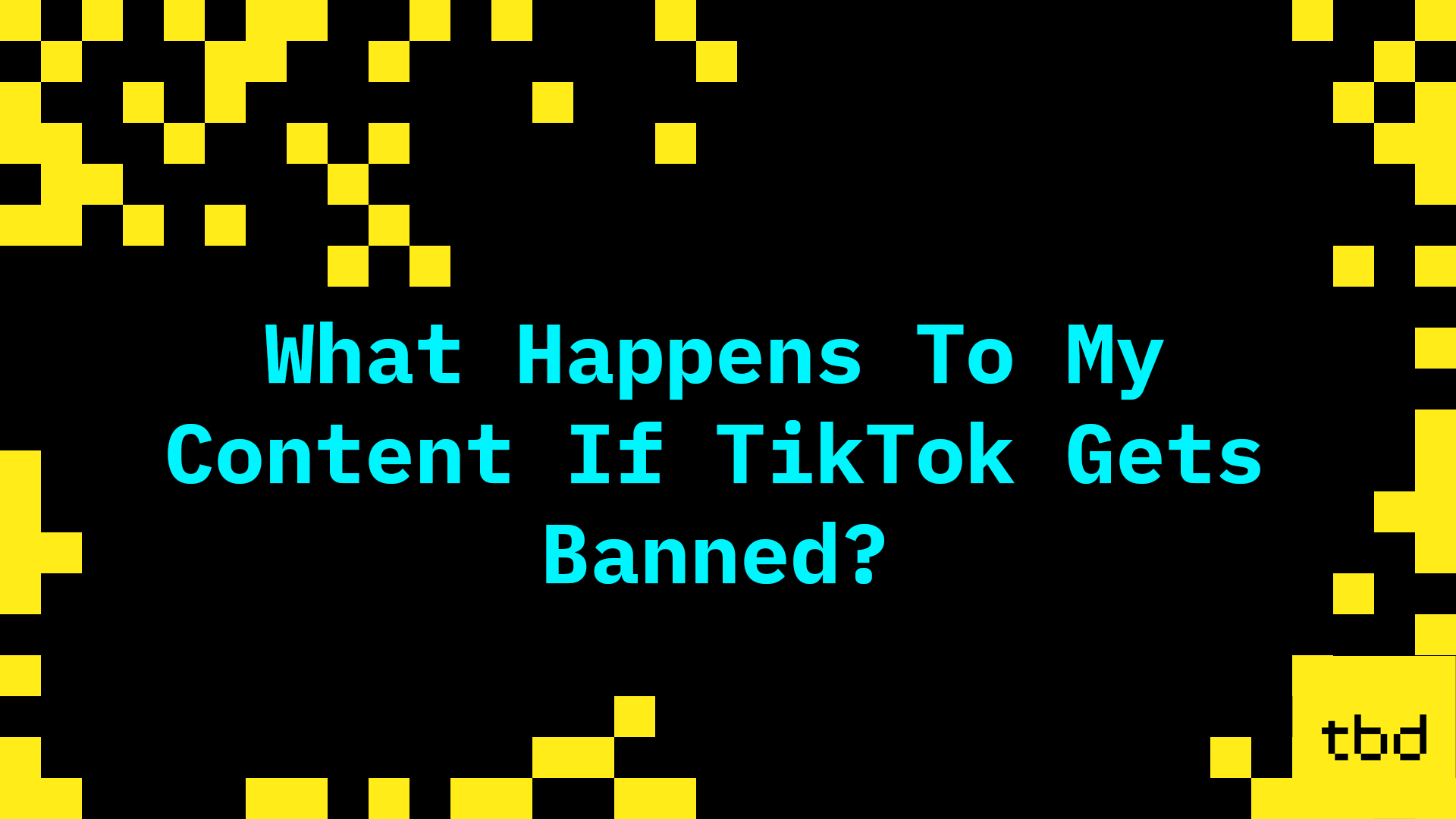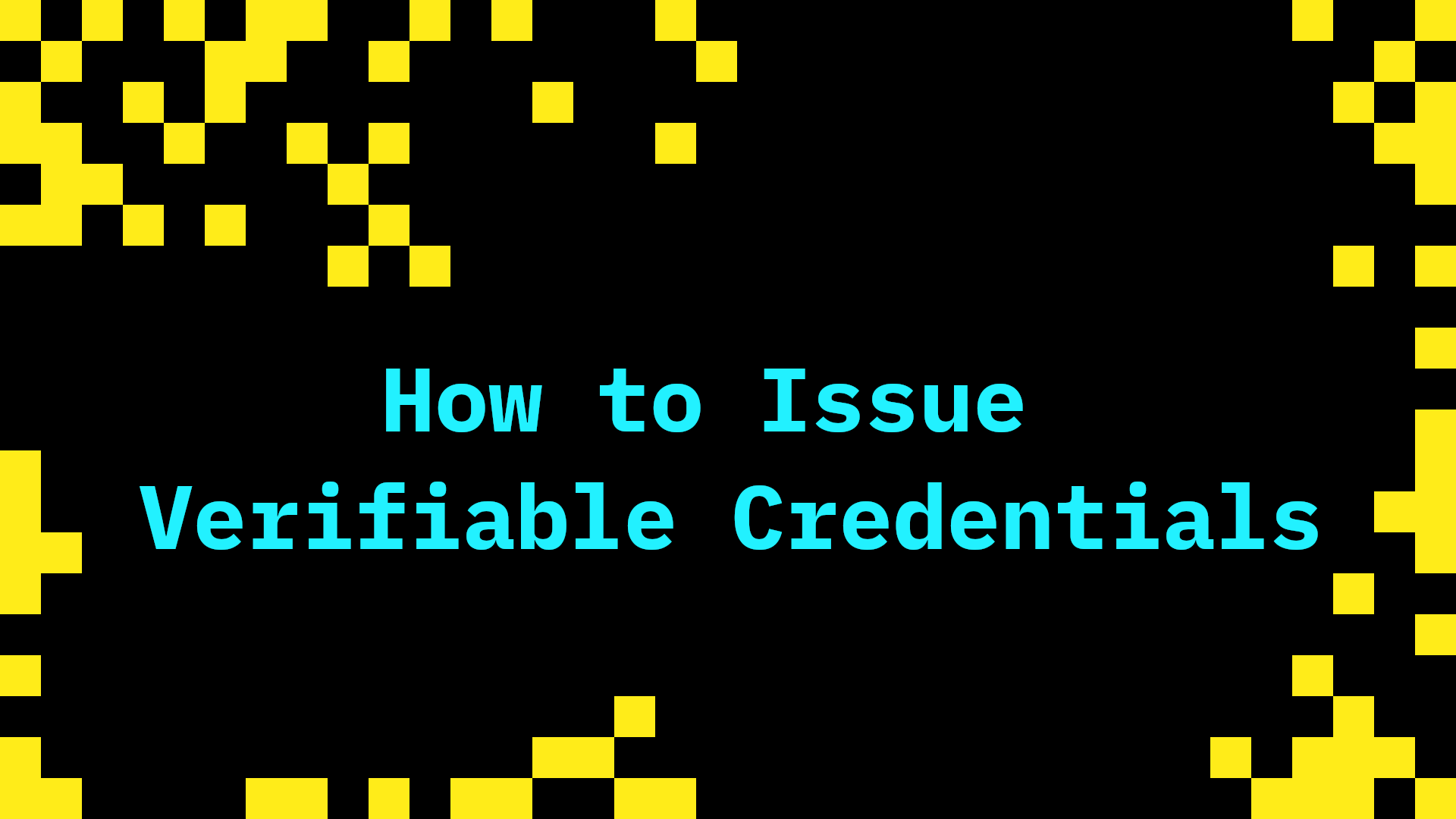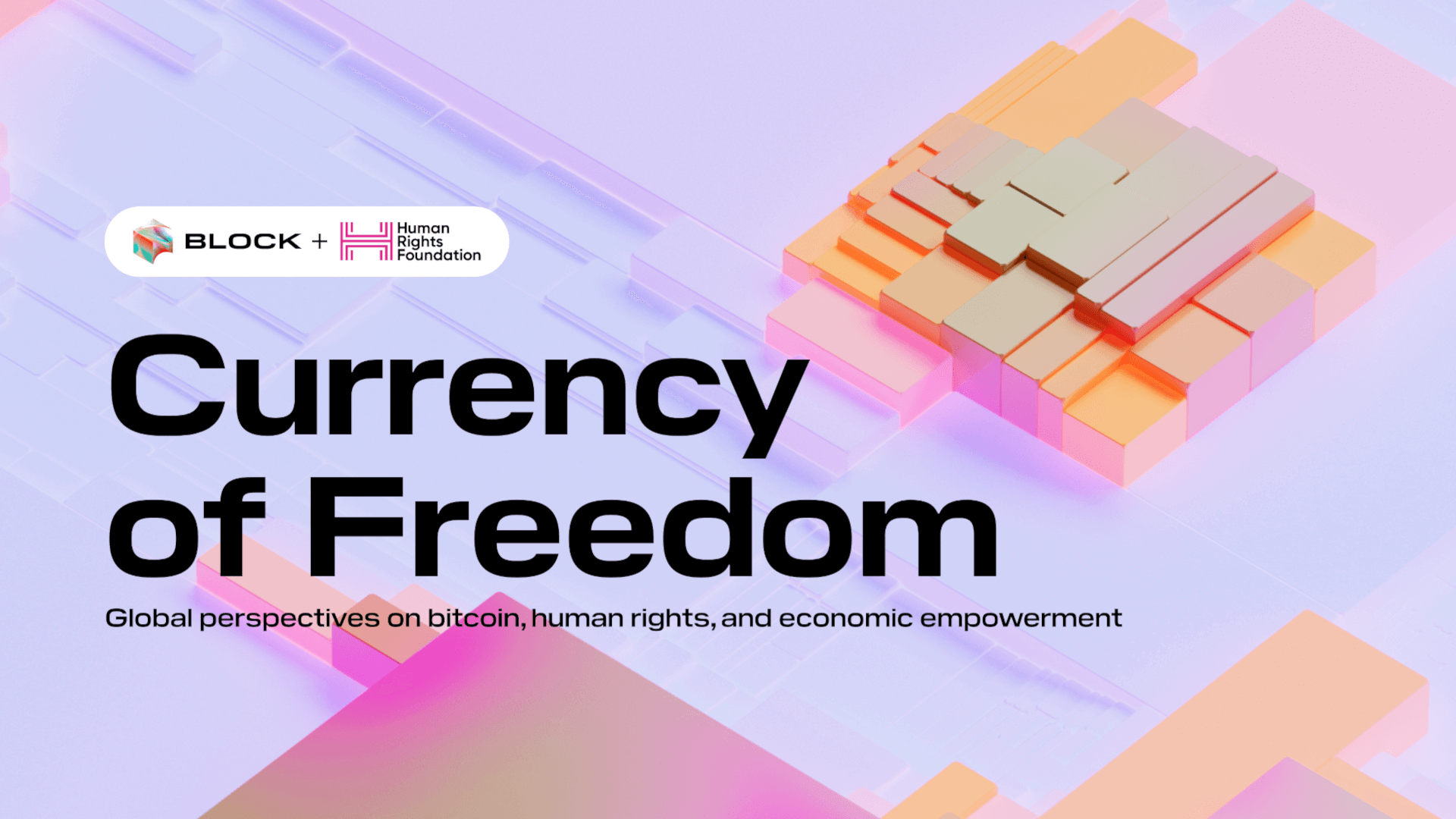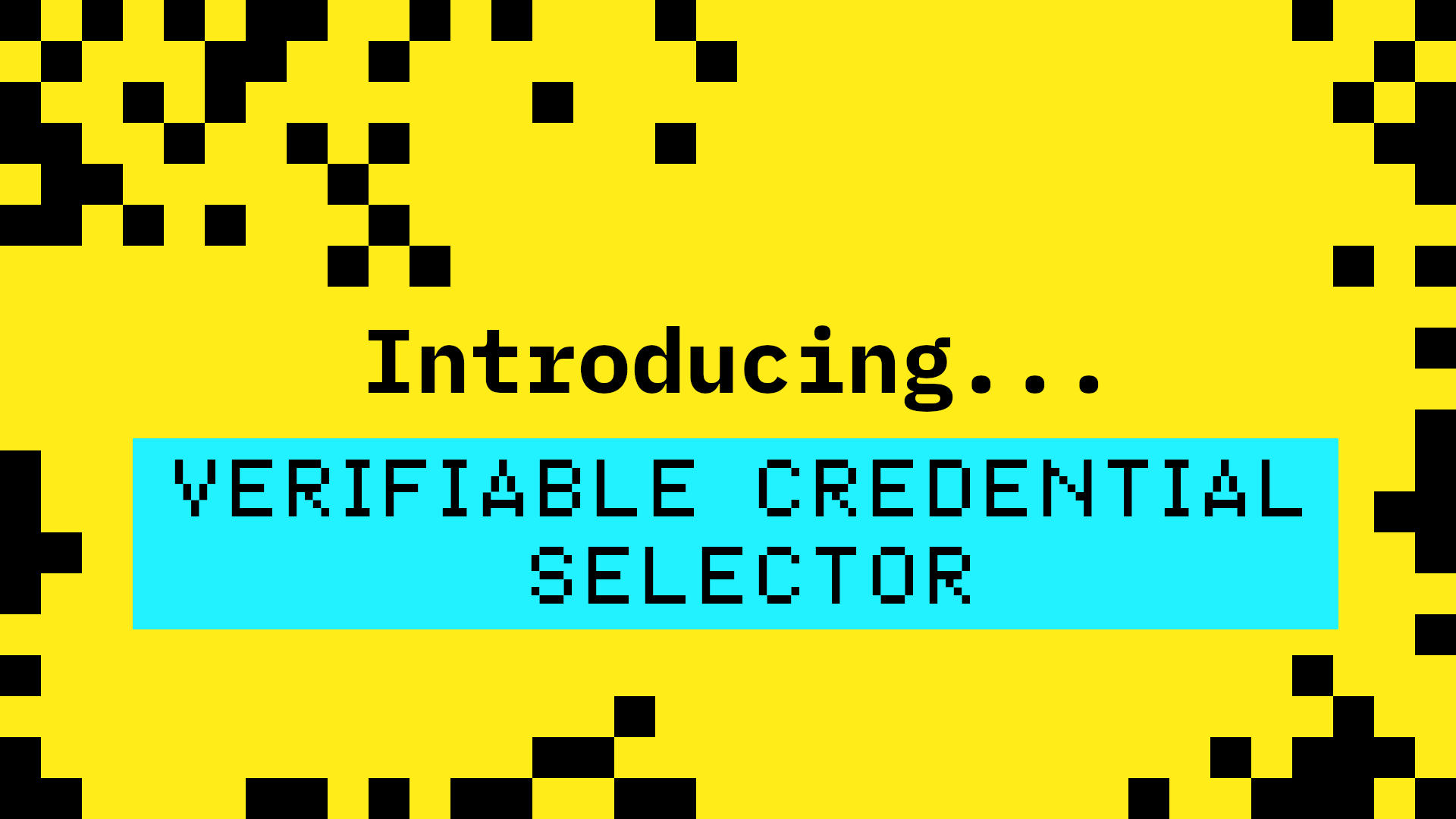Web Assembly
Web Assembly is a popular format for running binary applications in web browsers (with wide support).
This can have a few advantages but the interesting thing for us is that this can allow sharing of implementations of functionality: credential issuance, DID resolving, cryptographic functions, etc which you may not want to necessarily re-implement in JavaScript or TypeScript.
The SSI-SDK is an implementation of a lot of standards for self sovereign identity, so it is a great candidate to expose via WASM to web apps.
